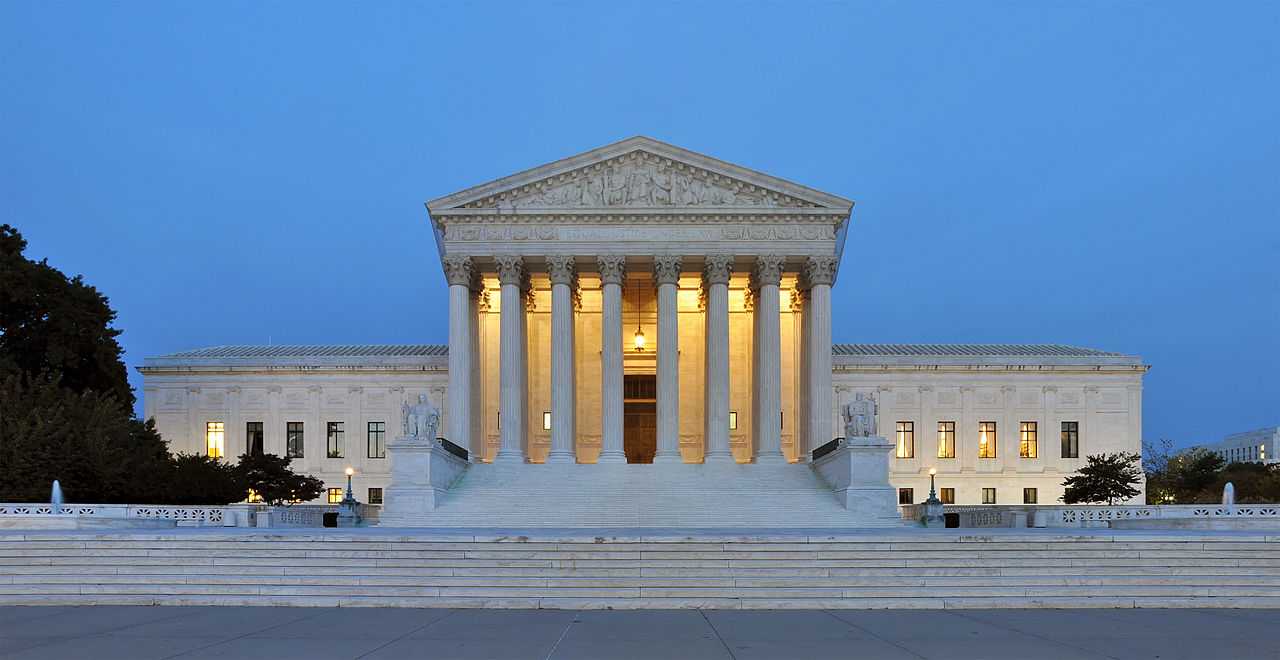
WASHINGTON — U.S. Supreme Court Chief Justice John Roberts and newly-appointed Justice Brett Kavanaugh joined the liberal judges on the nation’s highest court on Monday to turn down appeals from two states challenging lower court rulings striking down efforts to defund Planned Parenthood’s participation in state Medicaid programs.
Justices Clarence Thomas, Samuel Alito and Neil Gorsuch were the only three of the nine judges who dissented with the decision not to hear the cases of Gee v. Planned Parenthood (out of Louisiana) and Anderson v. Planned Parenthood (out of Kansas). Four votes are needed to hear a case.
13 states had joined Louisiana and Kansas in amicus briefs, urging the Supreme Court to hear the appeals. Supportive states included Georgia, Idaho, Missouri, Michigan, Nebraska, Oklahoma, Texas, West Virginia, Wyoming, Utah and Wisconsin.
“The circuits are divided over whether Medicaid beneficiaries have a private right of action to challenge a state’s disqualification of a provider under the Medicaid Act. Five circuits have decided that the Medicaid provider-choice provision may be privately enforced under Section 1983, while one has held that it may not,” the Gee brief outlines.
It asked the court clear up the matter since “[u]ntil this split is resolved, patients in the Fifth, Sixth, Seventh, Ninth, and Tenth Circuits have the right to bring suit in federal court if their preferred provider’s agreement is terminated, while patients in the Eighth Circuit do not.”
Read the briefs here and here.
Chief Justice Clarence Thomas wrote an explanation of his dissent from the majority, noting that the cases before the court wouldn’t have even dealt with the legality of abortion, and that he fears his colleagues rejected the appeals simply because the name Planned Parenthood was involved.
“So what explains the court’s refusal to do its job here? I suspect it has something to do with the fact that some respondents in these cases are named ‘Planned Parenthood,'” Thomas lamented. “That makes the court’s decision particularly troubling, as the question presented has nothing to do with abortion.”
“It is true that these particular cases arose after several States alleged that Planned Parenthood affiliates had, among other things, engaged in ‘the illegal sale of fetal organs’ and ‘fraudulent billing practices,’ and thus removed Planned Parenthood as a state Medicaid provider,” he continued. “But these cases are not about abortion rights. They are about private rights of action under the Medicaid Act.”
Thomas added, “Resolving the question presented here would not even affect Planned Parenthood’s ability to challenge the States’ decisions; it concerns only the rights of individual Medicaid patients to bring their own suits.”
Read the dissent in full here.
Planned Parenthood applauded the appeal rejection, with new president Leana Wen referring to the abortion and contraceptive giant’s sexually-centered business as one of providing “health care.”
“We are pleased that lower court rulings protecting patients remain in place,” she said. “Every person has a fundamental right to health care, no matter who they are, where they live, or how much they earn. As a doctor, I have seen what’s at stake when people cannot access the care they need, and when politics gets in the way of people making their own health care choices.”
Psalm 119:136 says, “Rivers of waters run down mine eyes because they keep not Thy law.”
Become a Christian News Network Supporter...


